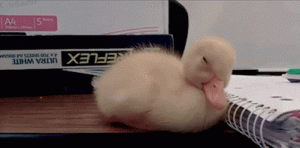
After working all morning, I felt sleepy after lunch. I didn’t want to yawn.
(~O~)……( – . – )。
But taking a nap is a mysterious and a bit tangled thing:
“I didn’t finish my work, I fell asleep now, and I have to work overtime at night…”
“Every time I wake up, I have backaches and headaches. It’s better not to sleep!”
“Xiao Zhang next to him is not asleep, and he is also so sleepy, why am I so sleepy (~O~)”
What’s more annoying is that I finally decided to get down and sleep for a while, the person next to me was still crackling on the keyboard, and I couldn’t sleep well…
Let us tell you today: Don’t hesitate to beat the workers, go to sleep if you need to sleep! (If you don’t sleep, you won’t get a raise). Einstein always takes a nap. Why should I not sleep?
In fact, a long time ago, everyone had a misunderstanding about taking a nap: Adults nap in broad daylight, which is either lazy or sick.
But even if there is a misunderstanding, there are still many famous siesta spokespersons in history, such as:
Albert Einstein

In addition to Einstein, the supporters of the nap include:
Thomas Edison, George W. Bush, Napoleon, Winston Churchill, John F. Kennedy, Ronald Reagan…
Of course, it is not rigorous to use celebrities to illustrate the problem. We still have to look at scientific evidence. In fact, many experiments have proved that:
Taking a nap can improve work efficiency.
A study conducted by the National Aeronautics and Space Administration (NASA) on sleepy military pilots and astronauts found that nap can increase work efficiency by 34% and 100% alertness.
A study by Harvard University in 2002 showed that a 30-minute nap can improve the work efficiency of employees and restore their work efficiency to the level at the beginning of the day.
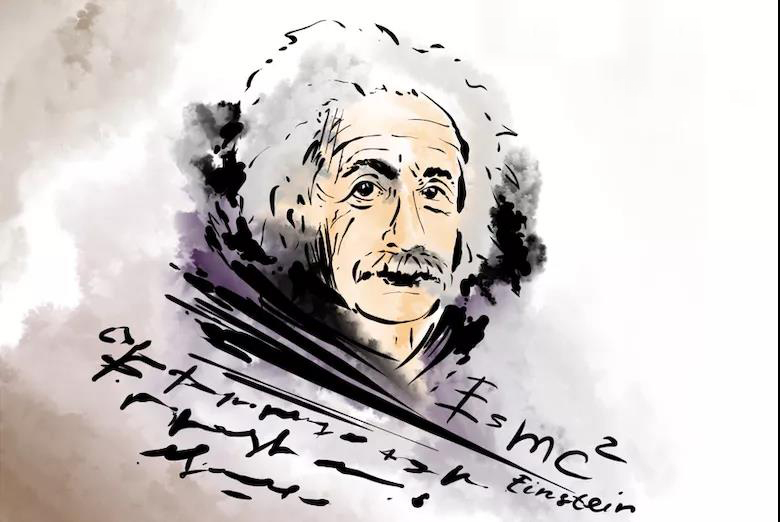
So far, the recognized benefits of nap are:
Help us relax
Reduce fatigue and restore energy
Improve alertness
Improve mood (not easy to go crazy)
Improve brain efficiency (including faster reaction time and better memory)
From this point of view, the saying, “If you don’t sleep at noon, you will be wasted in the afternoon” is indeed somewhat reasonable. Whether it’s part-time job in the workplace, studying hard in the sea, shopping in the shopping mall… a nap can help you sweep away your fatigue and be yourself.
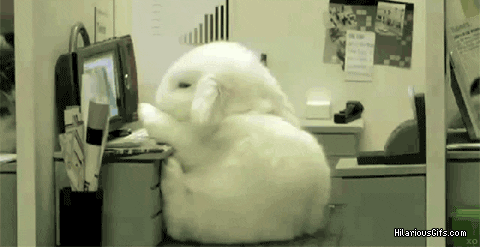
But there is one exception: people who have insomnia at night.
For people with insomnia, taking a nap during the day will weaken the sleep drive (lack of sleepiness at night), making it more difficult to fall asleep or wake up at night.
Although for most people, a nap has many benefits, but many people have also experienced this: After a nap, the mind is dizzy, the back pain is sore, and the more sleep, the more sleepy.
What about happiness? What about the good spirits all afternoon?
A nap is good, but don’t sleep too long
Every time I talk about a nap, someone will leave a message: Why do I wake up, my mind is like a failed boot, lost and more sleepy?
In fact, this is caused by the “sleep inertia” after a long nap, that is, the “get up gas” as the saying goes.
Sleep is divided into five stages: falling asleep period, light sleep period, deep sleep period, deep sleep period, and rapid eye movement period.
The nap time is too long, such as more than 30 minutes, at this time your sleep is likely to have entered a deep sleep stage. If a person is awakened from the “deep sleep period,” short-term memory and cognitive abilities will be significantly affected, and they will feel dizzy and lose energy.
In professional terms, this state is named “sleep inertia”.
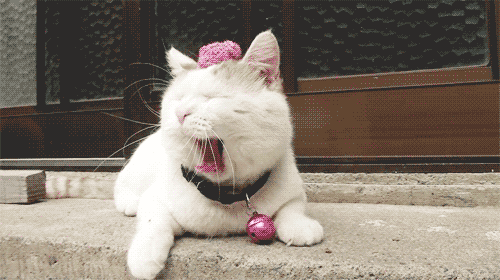
After a nap, the duration of “sleep inertia” is not fixed, it takes a few minutes if it is short, and half an hour if it is long. Therefore, during the time when the brain is “turned on” after waking up, you are likely to be sluggish and inefficient.
If you need to perform certain important tasks immediately after waking up, the existence of “sleep inertia” is likely to make you fall into a passive position.
The solution is also very simple: Don’t sleep too long.
Four principles of taking a nap to help you find productivity
In order to avoid the generation of sleep inertia and truly retrieve morning productivity from the nap, four methodologies about nap are worth recommending:
1. Need to maintain a regular nap time.
For most workers, the nap time can be between 12 pm and 2 pm. Of course, it is not recommended to take a nap after 3 o’clock, otherwise it may increase the risk of difficulty falling asleep at night.
2. The nap time should not be too long. It is recommended to take 10-20 minutes, not more than 30 minutes.
Sleep magazine once published a study:
A 10-minute nap is the most beneficial for reducing sleepiness and improving cognitive ability. A nap that lasts 30 minutes or longer is more likely to be accompanied by sleep inertia.
In other words, if you just want to make the afternoon less sleepy, clear your mind, and stabilize your work performance, squinting for 10 minutes is enough.
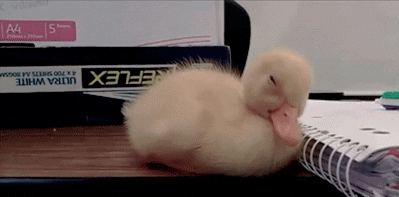
3. The environment should be dark to avoid too bright light. If you are in an open office, it is recommended to wear a blindfold to block the light to help you fall asleep faster.
4. Pay attention to keep warm. After a person falls asleep, the body temperature will drop. It is recommended to prepare a blanket to cover it.
Help everyone to set the key points and want to take a nap scientifically,
Please be ready:
Alarm clock*1, eye mask*1, earplugs*2, small blanket*1, pillow or neck pillow*1, and colleagues taking a nap*N
(Everyone get down together, no one will bother you with work).
In short, a nap is not to be lazy, but to allow the brain to complete its work more efficiently.
After working hard all morning, I hurriedly finished lunch, and a longer afternoon (and evening) is coming soon… No amount of coffee can be saved, I am tired!
In the groggy afternoon, is there a better way to regain consciousness than to sleep for a while?
Sharpen the knife without cutting wood accidentally, and wake up to work again.
If you doze off and are seen by your boss, please tell him boldly and confidently:
I want to work better!
Comments